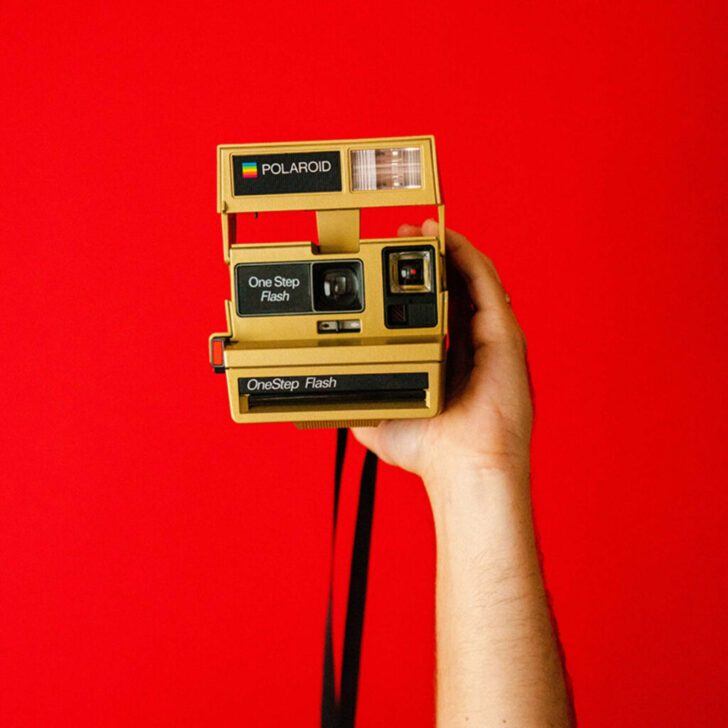Last week, President Biden’s vaccination demand for major employers dominated the news.
However, another initiative that has gone largely unnoticed might be critical in slowing the spread of Covid-19: the rapid proliferation of inexpensive at-home testing.
The Biden administration plans to spend over 2 billion US dollars on 280 million quick Covid tests, which will be distributed around the country. For the next three months, the White House has reached an arrangement with Kroger, Amazon, and Walmart to offer tests at cost (about a 35 percent reduction).
What is a Covid test that may be done at home?
Instead of having a doctor poke around in your nose, you may swab yourself and have the findings in under an hour. Although at-home fast tests (also known as “antigen” testing) are less accurate than lab-based PCR tests, experts think they can be a valuable tool for enabling life to return to normal.
The problem is that over-the-counter quick tests are both costly and uncommon in the United States. A two-pack from Abbott Laboratories costs $24, while a test from Quidel’s QuickVue costs $15. Even if you’re ready to spend the money, you’ll have a hard time locating a quick test on drugstore shelves or e-commerce websites, where they’re frequently sold out.
The United States is lagging behind.
After testing positive with quick antigen swab tests, 8,000 pupils in Israel stayed at home. According to the country’s Education Ministry, this allowed 180 K of their peers to continue in school and avoid being quarantined.
Since the winter, Germany has been giving away free testing, and pharmacies in the United Kingdom are doing the same.
Rapid tests are being sold for $3.50 in India, which has far less resources than the United States.
Zoom in: Biden’s idea is a “promising start,” according to Michael Mina, a Harvard epidemiologist who has been advocating for more at-home testing since last year, but it still represents fewer than one test per person in a year.

